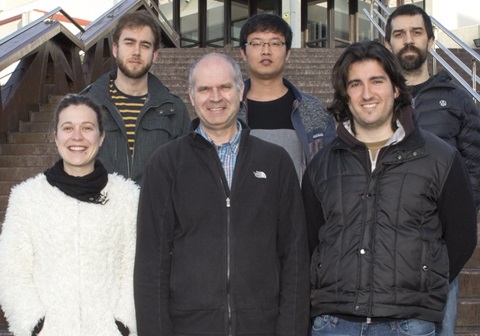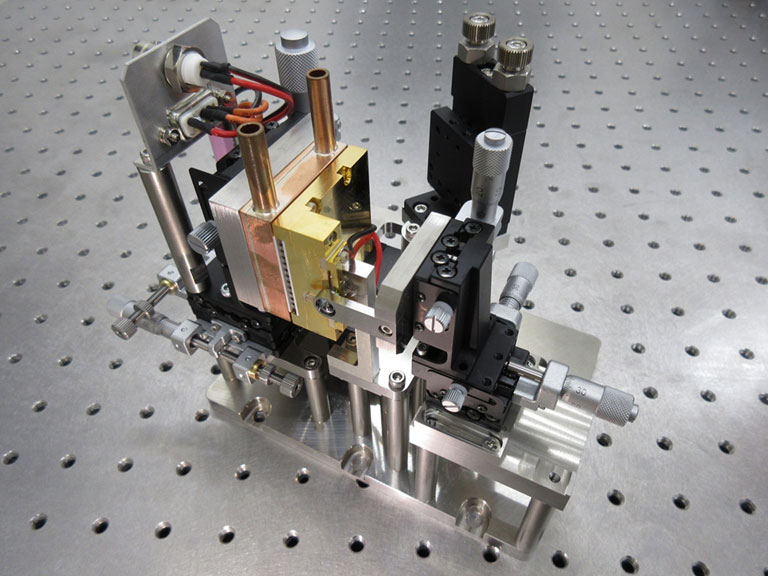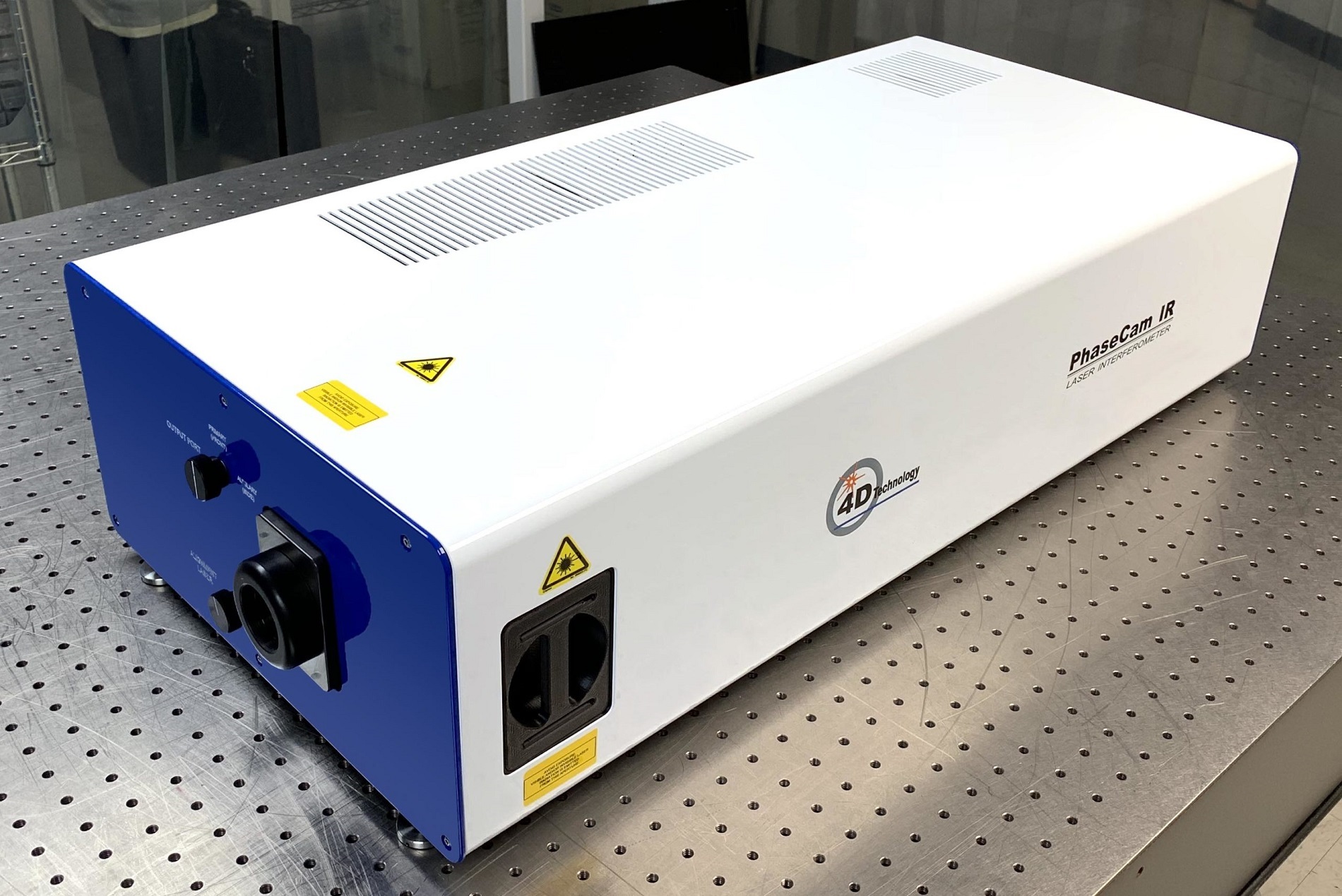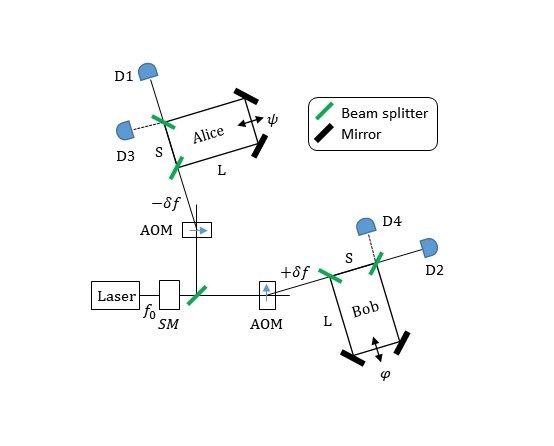March 16, 2017
The theory group led by Gonzalo Muga of the UPV/EHU's Department of Physical Chemistry, has teamed up with the experimental group of the National Institute of Standards and Technology in Boulder, United States, led by David Wineland, the 2012 Nobel Physics Laureate, to design a two-ion, robust, ultrarapid quantum logic gate capable of functioning in less than a microsecond. This study was published in February in the journal Physical Review A.
This theoretical research explores what could be achieved beyond current technological limitations to further motivate experimental progress. Together with qubits (the quantum version of the 0/1 bit), logic gates are the basic components to construct, as in a building block game, a quantum computer. They need to be fast not only to speed up the calculations but also to minimize harmful interactions with environmental noise.
In the eighties Richard Feynman proposed a "quantum computer" that would outperform ordinary ones by exploiting quantum properties, such as the possibility to explore several paths in parallel. Over thirty years later it is still difficult to make this dream come true because the useful quantum behaviour of atoms is easily destroyed by noise and unwanted interactions. Yet progress has been made along several routes or "architectures" that endeavour to control various physical systems so that they behave correctly. One of the most advanced architectures uses trapped ions, which can be isolated and handled with great precision using lasers and electrodes to produce qubits and quantum gates. Two-qubit gates, such as the one examined in the study, may be useful for other applications of quantum technology, such as secure communications. This makes them particularly valuable gates but designing and manufacturing them is challenging. Reaching high accuracy and speed is crucial to eventually perform arbitrary computations in a fault-tolerant way.
According to Gonzalo Muga, this work "is another step forward among the many that have yet to be taken" towards attaining a quantum computer, "capable of making calculations that cannot be tackled by a traditional computer".
Bibliographic reference
M. Palmero,1,* S. Mart´ınez-Garaot,1 D. Leibfried,2 D. J. Wineland,2 and J. G. Muga1. Fast phase gates with trapped ions. PHYSICAL REVIEW A 95, 022328 (2017). DOI: 10.1103/PhysRevA.95.022328.















